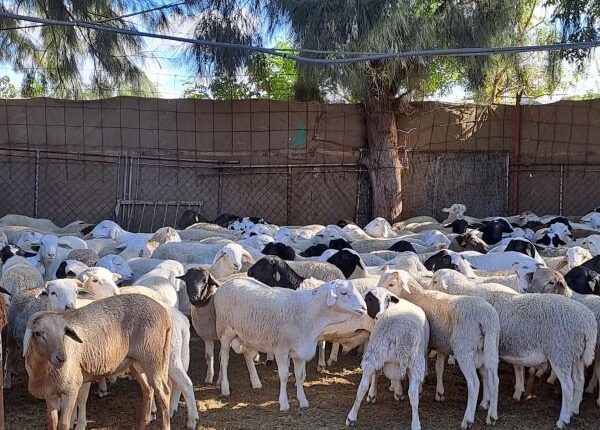Muslims Across the Globe Celebrate Eid-Ul-Adha
By Waaqiah Jaffer
Picture supplied
The Muslim community worldwide celebrated Eid-UL-Adha on 29 June. Eid is the second-largest holiday in the Islamic faith. Although the day is observed annually according to the Islamic calendar, the dates differ.
Muslims are encouraged to fast and engage in religious acts nine days before the celebration. During this period, those who can travel to Mecca in Saudi Arabia perform a pilgrimage known as “Hajj.”
According to the Muslims, this auspicious festivity signifies Prophet Abraham’s willingness to sacrifice his son, Ishmael, a commandment he received in a dream form (God) Allah.
Allah (God) intervened and sent Abraham a lamb to sacrifice instead.
Prophet Muhammad (peace be upon him) says, “The first thing to do on Eid-UL-Adha is to pray and afterward slaughter our sacrifices (in the name of Allah (God)). Whoever does this has acted according to our Islamic traditions.”
On Eid, Muslims (mostly men) meet at the Mosques to witness and celebrate the sacrifice of animals, called “Qurbaani,” starting with a prayer.
The sacrificial animals, including sheep, cows and camels, are prepared by being fed and given water for the last time before they are slaughtered, this process is called Halal.
Men tasked with slaughtering animals ensure that the hole used for the blood flow from the animal is well dug and knives are sharpened to make the job easy.
Charity is one of the five pillars of Islam. Hence a portion of the meat is distributed amongst the less fortunate.
While the congregation gathers at the mosques, women cook meals for fellow congregants and the remaining food goes to the underprivileged.
Families at home also prepare food for themselves, exchange gifts and dress in their best clothes, while others slaughter at home.
People who can afford to purchase animals for slaughter at home are permitted to do so. There is one sheep per person in a household.
The lesson learned from the sacrifice made by Prophet Abraham is that it encourages Muslims to sacrifice their desires and material possessions to please Allah (God).


Comments are closed.